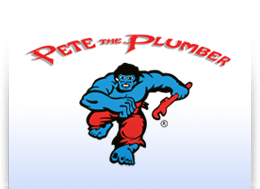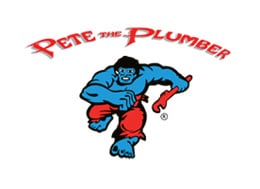Water Softener Calgary
Prevent scale build-up in your family’s water supply
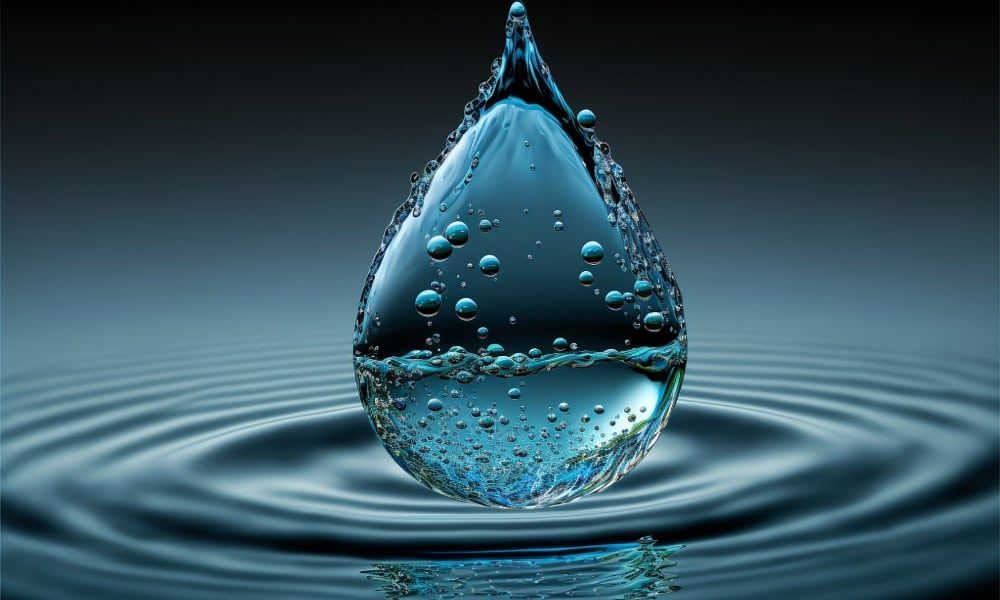
Water in Calgary is considered ‘hard’ as it contains high concentrations of magnesium and calcium – delivered as it is from the Rockies.
While this is not dangerous to health, it can:
- Lead to problems with the plumbing system
- Affect the performance of plumbing fixtures
- Make soap less effective
Scale builds up in the system: deposits of ‘lime’ that can block the flow of water in pipes, shower heads and taps while playing havoc with the water heater, washing machine, and dishwasher.
This can even increase your energy bills, as fixtures start to work less efficiently due to scale build-up.
But there are solutions to treating hard water for your family’s water supply.
By treating your water with a few simple measures, you can:
- Prevent scale build-up
- Extend the life of the plumbing fixtures
- Help to prevent future plumbing issues
Hard water can be ‘softened’ with the addition of water softeners.
More extensive water treatment systems can also help to lessen the effects of excess iron or sulphur in the water, which can be problems in some parts of Calgary and the surrounding areas.
Water Softener Installation Calgary
Benefits of a Water Softener System
The value and benefits of water softening in Calgary are undeniable. It can:
- Enhance appliance efficiency
- Protect your plumbing network from unnecessary issues
- Save on soap or detergent
- Reduce the “elbow grease” needed to shine silverware and mirrors
- Promote shiny hair and skin
Find out if you need a water softener system for your home!
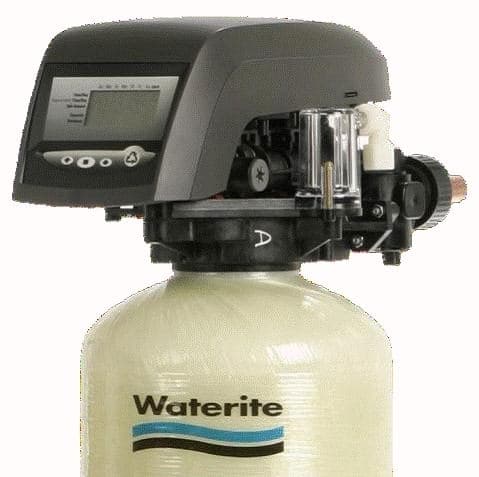
How to Tell if You Have Hard Water
Wondering if you have hard water? Here are some common signs to help you identify water hardness before opting for a water test:
Residue After Handwashing
If washing your hands leaves a slimy film or soap scum instead of rinsing clean, it’s a sign of hard water. Soft water, on the other hand, will create a rich lather.
Dry, Itchy Skin
Hard water can leave your skin dry, itchy, and prone to conditions like eczema. The minerals disrupt your skin’s natural barrier, leading to irritation.
Dull, Brittle Hair
Hard water causes mineral buildup on your hair, making it look flat, dull, and dry. Over time, it can also lead to breakage and an irritated scalp.
Spots on Dishes and Glassware
Notice cloudy spots on your dishes or glassware even after they’ve been washed? That’s likely due to the minerals in hard water leaving behind a residue.
Stiff, Faded Clothes
If your laundry feels rough or your clothes look faded (whites turning gray or yellow), mineral buildup from hard water could be weakening fabric fibers.
Buildup in the Shower
Hard water leaves mineral deposits on shower doors and tiles, causing water stains and buildup.
Frequent Plumbing Problems
Mineral deposits can clog pipes and reduce water flow, leading to low water pressure, malfunctioning appliances, and increased plumbing maintenance.
Increased Water Bills
Hard water can cause scale buildup in water heaters, forcing them to work harder, use more energy, and drive up your utility bills.
These signs can help you determine if you have hard water in your home. Installing a water softener can mitigate these issues, protecting your skin, hair, appliances, and plumbing system.
How do I know If I Have Soft Water?
Soft water has several distinct characteristics that make it easy to identify. Here are some common ways to tell if your water is soft:
Soap Test
Soft water easily produces a rich lather when mixed with soap. To test this, fill a sink with water, add a bar of soap, and agitate the water. If you see lots of bubbles and clear water, you likely have soft water. In contrast, hard water will produce fewer bubbles and leave the water cloudy.
Spotless Glassware
Glassware washed in soft water comes out looking clear and shiny. If your dishes dry without spots or cloudiness, this is a key sign that your water is soft. Hard water leaves behind a filmy residue, while soft water ensures a streak-free finish.
Cleaner, Brighter Clothes
When clothes are washed in soft water, they appear cleaner, brighter, and free of mineral stains. Soft water prevents the mineral deposits that cause hard water to dull and fade fabrics over time.
Strong Water Pressure
Soft water helps maintain strong water pressure. Unlike hard water, which can leave mineral buildup in your pipes and reduce flow, soft water ensures that water flows freely without obstruction.
Taste
Soft water may have a slightly salty taste, though it’s often not noticeable. This taste comes from the sodium used in the water softening process, but it’s generally subtle compared to hard water’s metallic taste.
By recognizing these signs, you can determine whether your home has soft water, ensuring optimal performance for cleaning, laundry, and everyday water usage.
Should you use a water softener?
Using a water softener should be a no brainer for all Calgary homeowners.
At Pete the Plumber, we work to dispel some of the more common myths associated with the use of water softeners, including:
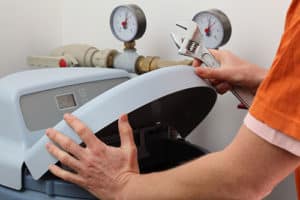
Water Softeners are Unpalatable and Unhealthy
One of the most common misconceptions we hear is that the addition of water softeners will cause drinking water to taste “salty” and undrinkable.
As well, many people incorrectly believe that water softener can be unhealthy to drink due to the presence of sodium in the softening agent.
The amount of sodium used in water softener depends on how hard your water is.
While it is true that a certain amount of sodium is necessary to properly soften water, this amount is relatively small to cause any negative impact on your health.
The amount of sodium used in the water softener is nowhere near as high as the sodium content in foods and beverages such as processed meat, pickled products and salad dressings.
Softened Water Leaves Film Behind
Softening water in Calgary is important for both health and beauty – and water softeners do not actually leave a film on the skin as many people believe.
Showering
In fact, the slick feeling on the skin after rinsing with softened water is actually the feel of the skin’s natural oils, a texture that is not always apparent when bathing with hard water.
Dissolved minerals like calcium and magnesium found in hard water create an undesirable chemical reaction with your soap, shampoo, body wash and shaving cream.
When the ions in hard water react with fatty acids in soap, it forms a curd type solution called ‘lime soap’ which makes cleaning ineffective.
The best way to tell if your water is hard or soft is in the shower.
Hard water prevents you from getting a nice soapy lather, while soft water will produce a foamy lather from your soap and shampoo.
Washing Your Hair
Another thing to note is hard water can be ‘hard’ on your hair.
When you have hard water at home, your hair may feel dry, easily tangled and become frizzy at times.
This is because of those minerals we mentioned above in hard water and deposits build up in your hair.
Having soft water can mean more manageable and shinier hair.
Water Softeners are Inefficient
Another common misconception is that water softeners are both overly expensive and energy inefficient.
In fact, Pete the Plumber’s water softener rates are exceedingly reasonable and budget-friendly.
The cost of water softening agents will vary depending upon the amount needed (which correlates with the size of the home and the volume of its water softening needs).
Putting a water softener system in your home requires an initial investment, but it will save you in the long run.
For example, a water heater can operate better on soft water, while hard water can force the water to run on a higher temperature, resulting in higher energy bills.
Soft water can also help reduce the amount of laundry detergent by 50% and prevent clothes from fading. (Source: Water Quality Research Foundation)
At Pete The Plumber, we care about your water system as much as energy efficiency.
All of our installations also come with 4 bags of salt and a 5-year parts + labour warranty.
